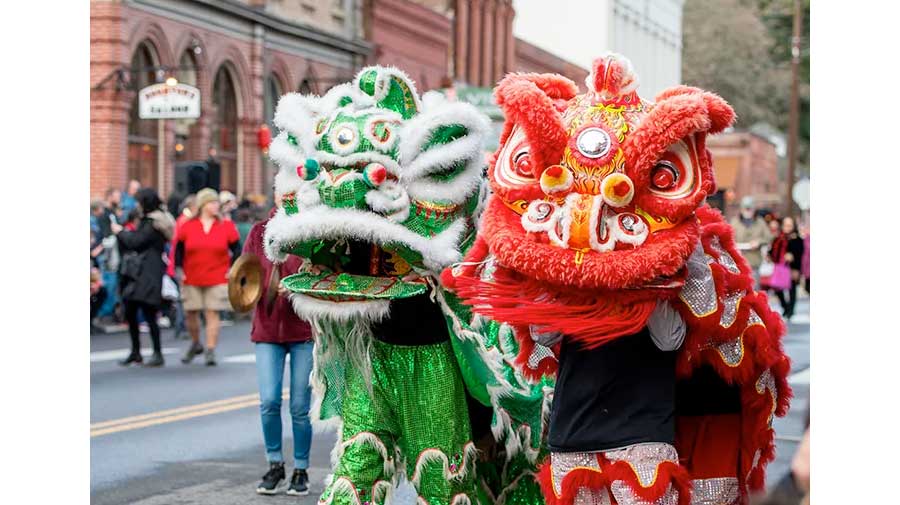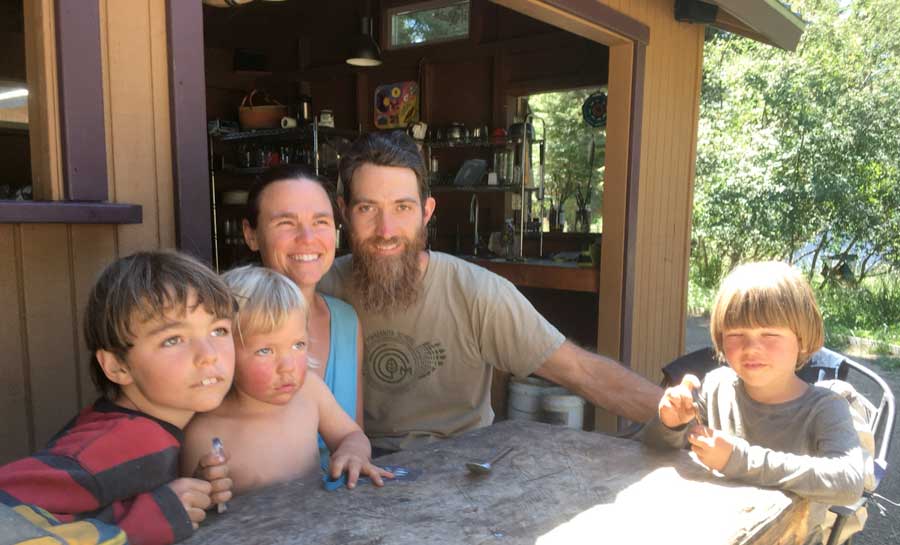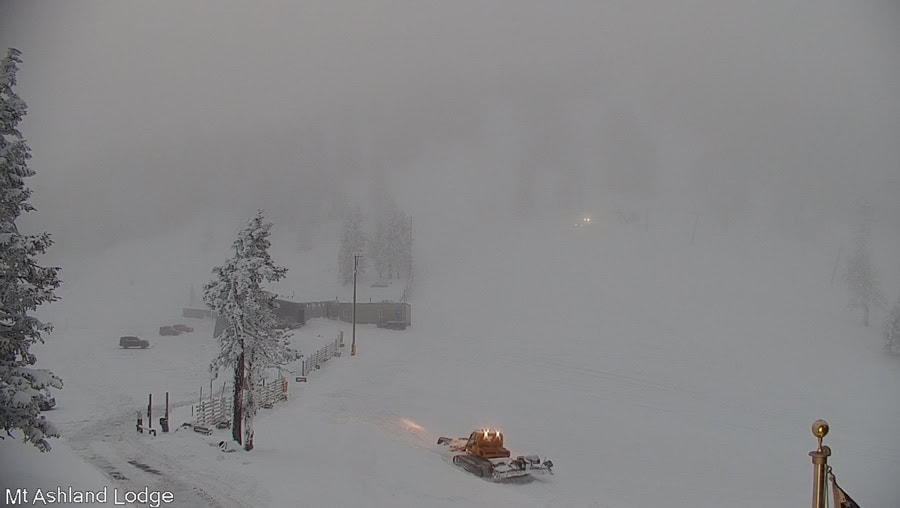We need people from all walks of life to develop and implement solutions
By Lorrie Kaplan
I sometimes still hear climate change characterized as an environmental issue and it always takes me by surprise. I’ve been considering how to explain my reaction.

I work on climate action and talk with other Ashlanders about it almost every day. But nearly all my conversations revolve around the changes and impacts to people — those within our local communities as well as around the globe.
Climate action was once a cause championed almost exclusively by environmentalists — those focused on protecting natural ecosystems and species. I’m grateful for people working on the front lines to protect the amazing ecological diversity on our planet. Nonprofit organizations, biologists, federal employees, land conservationists and many others work tirelessly to give a voice to the animals, plants and landscapes that cannot speak for themselves.
The battles they fight are against big money and big industry interests — formidable opponents that rarely concede.
A call for compassion
Protecting the environment is only one of many reasons people should be engaged in climate solutions. Of equal importance at this time is compassion for other humans — those here now as well as generations to come.
Climate change is no longer a distant, hypothetical problem. It is already creating serious impacts to peoples’ health, safety, economic well-being, infrastructure and overall quality-of-life. It exacerbates inequalities based on race and income. And it exposes our most vulnerable residents to increasingly severe conditions.
A recent analysis of federal disaster declarations by the Washington Post found that in 2021 alone, more than four in 10 Americans lived in areas that were hit by climate disasters. More than 80% experienced deadly heat waves. Others experienced floods, fires, and hurricanes. Those who are exposed to these disasters are often disproportionately lower income and communities of color.
Some outdoor workers were forced to keep working, and subsequently died from heat exposure. Some lower income residents drowned in basement apartments. Often during disasters, people without vehicles are unable to evacuate, including many older adults and people with disabilities.
Climate shocks and natural disasters exacerbate inequality both globally as well as locally. An August 2021 InterAmerican Development Bank blog cites three reasons: “First, poorer countries, regions, and people tend to be more exposed to climate change impacts and natural disasters than their wealthier counterparts. Second, they lose a greater share of their wealth when climate shocks hit. And third, they have fewer resources to cope with the negative impacts of climate shocks.”
Close to home
We can see this right here at home — given that 16 months after the Almeda Fire, many people still have not secured a new permanent living situation. Many have been priced out of their previous homes and are forced to remain in temporary housing. Some have reported feeling forgotten, as they remain in hotels and travel trailers, having lost everything in the fire, including their self-sufficiency.
Lower-income residents are also more likely to experience health impacts from smoke and extreme heat. Low- and middle-income homeowners and renters may find it challenging or impossible to invest in cooling and air purification, posing real health challenges in an era of heat domes and smoke seasons. Renters, who consume less energy than homeowners, have little leverage to demand energy efficiency, health and safety upgrades, like heating, ventilating and air conditioning systems, or better insulation.
I’m realizing that climate change isn’t strictly an environmental problem nor a social one. In fact, perhaps we have a lot to learn from our indigenous neighbors and friends about the reliance of people on a healthy environment — one that buffers us from disasters when we nurture and care for it. Perhaps our Western worldview that we are separate from our environment is, in fact, causing climate change itself.
You have what it takes
When we think of climate change as strictly an environmental problem, many of us feel that we don’t have the right skills or knowledge to take action. Yet we all have experience as humans, community members, family members, and caretakers.
To reduce the impact of human beings on our climate and the negative effects of climate change on humans and the natural world we are part of, we need people from all different backgrounds, skill sets and walks of life to develop and implement the solutions.
Environmental scientists can describe to us what is happening to our natural systems, but we all need to engage in the solutions. How are you engaging?
Lorrie Kaplan is chair of the Ashland Climate Action Project of Southern Oregon Climate Action Now. She is also an unpaid board member of Ashland.news. Guest writers for Climate Spotlight are welcome. Lorrie can be reached at [email protected].


















